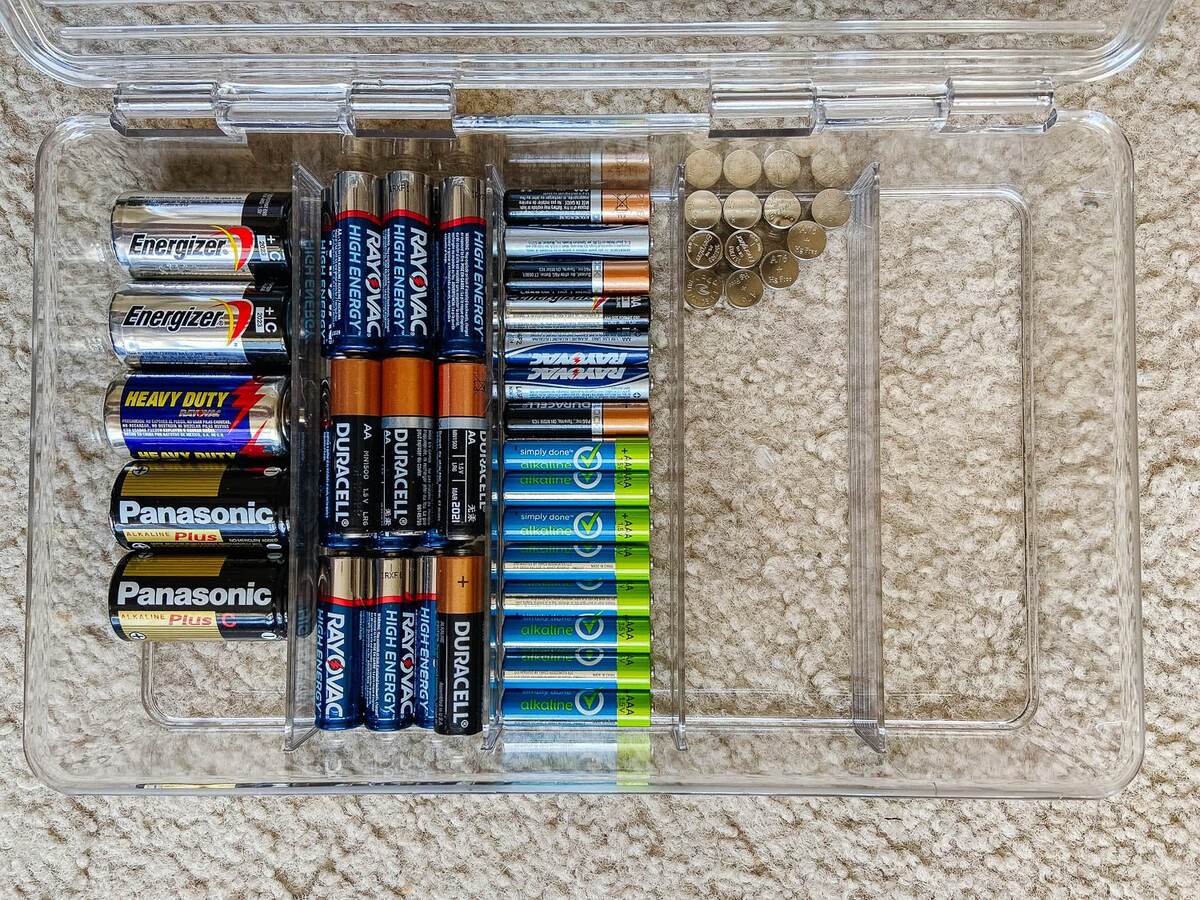

Articles
How To Store New Batteries
Modified: October 28, 2024
Looking for articles on how to store new batteries? Find tips and tricks for keeping your batteries fresh and long-lasting in this informative guide.
(Many of the links in this article redirect to a specific reviewed product. Your purchase of these products through affiliate links helps to generate commission for Storables.com, at no extra cost. Learn more)
Introduction
Batteries are an essential part of our daily lives. Whether it’s powering our smartphones, flashlights, or even our cars, batteries play a crucial role in keeping our devices running smoothly. However, many people overlook the importance of proper battery storage, which can significantly impact their lifespan and performance.
Improperly stored batteries can lead to leakage, reduced capacity, and even potential safety hazards. Understanding the correct methods for storing different types of batteries can help preserve their quality and keep them in optimal condition.
In this article, we will explore the importance of proper battery storage and provide general guidelines for storing various types of batteries. Whether you have alkaline batteries for your remote control, rechargeable batteries for your camera, or lithium batteries for your portable gaming console, this guide will help you extend their lifespan and ensure they are always ready for use.
Key Takeaways:
- Proper battery storage is crucial for maintaining performance, lifespan, and safety. Follow specific guidelines for each battery type to prevent leakage, corrosion, and capacity loss.
- Storing batteries in a cool, dry place and following manufacturer’s instructions preserves quality, prolongs lifespan, and reduces safety risks. Handle with care and prioritize proper disposal or recycling.
Read more: How To Store Batteries
Importance of Proper Battery Storage
Proper battery storage is essential for maintaining the performance and longevity of your batteries. Here are a few reasons why it is important:
- Prolongs Battery Life: Storing batteries in the right conditions can help extend their lifespan. This means you’ll be able to use your batteries for a longer period and get the most out of your investment.
- Prevents Leakage: Improper storage can cause batteries to leak, leading to corrosion and damage to your devices. Avoiding leaks not only protects your devices but also ensures the safety of yourself and those around you.
- Preserves Battery Capacity: Storing batteries in the correct environment prevents self-discharge, which can occur when batteries are exposed to extreme temperatures or stored in damp conditions. By preserving their capacity, you’ll have batteries that are ready to use whenever you need them.
- Reduces Safety Hazards: Certain battery chemistries, such as lithium-ion batteries, can be potentially dangerous if not stored properly. Following proper storage guidelines helps minimize the risk of accidents or fires caused by mishandled batteries.
By understanding the importance of proper battery storage, you can ensure that your batteries are always in good condition and ready for use when you need them. Now, let’s explore some general guidelines for storing different types of batteries to maintain their quality over time.
General Guidelines for Battery Storage
While specific types of batteries may have their own unique storage requirements, there are some general guidelines that can be applied to most battery types:
- Store in a Cool, Dry Place: The ideal storage temperature for most batteries is between 50°F and 77°F (10°C and 25°C). Avoid exposing batteries to extreme heat or cold, as it can impact their performance and shorten their lifespan. Similarly, it is important to keep batteries away from moisture and humidity to prevent corrosion.
- Avoid Direct Sunlight: Exposure to direct sunlight can cause batteries to overheat, which can lead to leakage or other damage. Store batteries in a place where they are shielded from direct sunlight.
- Keep Batteries Separate: To prevent accidental contact and potential discharge, it is recommended to store batteries individually or with a protective covering. This can minimize the risk of short circuits and extend their shelf life.
- Remove Batteries from Devices: If you won’t be using a device for an extended period, it is advisable to remove the batteries. This prevents any potential discharge or leakage that may occur while the device is not in use.
- Check Battery Expiry Dates: Before storing batteries, check their expiry dates. Expired batteries may not perform as expected and could potentially leak or cause damage to your devices. Dispose of expired batteries responsibly and replace them with fresh ones.
- Avoid Storing Batteries in Freezers: While certain battery chemistries might benefit from low temperatures, it is generally not recommended to store batteries in the freezer. Extreme cold can negatively affect battery performance and cause damage to the internal components.
By following these general guidelines, you can ensure that your batteries remain in optimal condition during storage. However, it is important to note that different battery chemistries have specific storage requirements. Let’s take a look at how to store some of the most common battery types:
Storing Alkaline Batteries
Alkaline batteries are one of the most commonly used types of batteries, found in devices such as remote controls, toys, and portable electronics. Here are some specific guidelines for storing alkaline batteries:
- Check for Signs of Leakage: Before storage, inspect the batteries for any signs of leakage, such as corrosion or a white powdery substance. If you notice any leakage, be sure to handle them with proper care and dispose of them according to local regulations.
- Store in a Cool, Dry Place: Alkaline batteries can generally be stored at room temperature, between 50°F and 77°F (10°C and 25°C). Avoid exposing them to extreme temperatures or high humidity, as it can affect their performance.
- Avoid Mixing New and Used Batteries: When storing alkaline batteries, it is best to avoid mixing new and used batteries together. This can help prevent any potential discharge from the used batteries and maintain the overall performance of the stored batteries.
- Consider Battery Organizers: To keep your alkaline batteries organized and protected, consider using battery organizers or containers designed specifically for battery storage. These can help prevent accidental contact and potential discharge.
By following these guidelines, you can ensure that your alkaline batteries remain in good condition during storage and are ready to power your devices when needed. Now, let’s move on to storing rechargeable batteries.
Storing Rechargeable Batteries
Rechargeable batteries, such as NiMH (Nickel Metal Hydride) and Li-ion (Lithium-ion) batteries, are commonly used in devices like cameras, portable gaming consoles, and power tools. Here are some specific guidelines for storing rechargeable batteries:
- Charge to Optimal Level: Before storing rechargeable batteries, ensure that they are charged to their optimal level. This helps to prevent them from self-discharging during storage.
- Store in a Cool, Dry Place: Rechargeable batteries should be stored in a cool, dry place, similar to alkaline batteries. Avoid exposing them to extreme temperatures or high humidity, as it can affect their performance and cause capacity loss.
- Avoid Complete Discharge: It is generally recommended to not completely discharge rechargeable batteries before storage. Keeping them partially charged can help maintain their capacity and prevent them from entering a deep discharge state, which can be harmful to the battery.
- Consider Battery Cases or Sleeves: To ensure the safety and protection of rechargeable batteries, consider using dedicated battery cases or sleeves for storage. These can help prevent accidental contact and potential short circuits.
- Check Manufacturer’s Guidelines: Different types and brands of rechargeable batteries may have specific storage guidelines provided by the manufacturer. It is always a good idea to check the product manual or manufacturer’s website for any recommended storage practices.
By following these guidelines, you can maintain the performance and prolong the lifespan of your rechargeable batteries. Now, let’s explore how to store lithium batteries, known for their high energy density and widespread use.
Store new batteries in a cool, dry place at room temperature. Avoid extreme heat or cold, as it can reduce the battery’s performance and lifespan. Keep them in their original packaging or in a battery organizer to prevent contact with metal objects.
Storing Lithium Batteries
Lithium batteries are widely used in various devices, including smartphones, laptops, and electric vehicles, due to their high energy density. Proper storage of lithium batteries is crucial to ensure their safety and longevity. Here are some specific guidelines for storing lithium batteries:
- Store at Room Temperature: Lithium batteries should be stored at room temperature, around 68°F to 77°F (20°C to 25°C). Avoid exposing them to extreme temperatures, as both high and low temperatures can affect their performance and potentially lead to thermal runaway.
- Avoid Mechanical Damage: Handle lithium batteries with care and avoid dropping them or subjecting them to physical impacts. Mechanical damage can compromise the battery’s integrity and increase the risk of leakage or other safety hazards.
- Avoid Prolonged Exposure to Direct Sunlight: Direct sunlight can cause lithium batteries to overheat, which can lead to leakage or even explosions. Store lithium batteries in a shaded area away from direct sunlight to maintain their stability.
- Store Partially Charged: Unlike other types of rechargeable batteries, lithium batteries should be stored with a partial charge, ideally around 40% to 60% of their capacity. This helps prevent the battery from entering a deep discharge state or becoming overcharged during long-term storage.
- Protect Battery Terminals: To prevent accidental short circuits, it is recommended to cover the terminals of lithium batteries with insulating tape or store them in protective cases or containers.
- Follow Airline Regulations: If you plan to travel with lithium batteries, make sure to follow the specific regulations imposed by airlines. Most airlines have restrictions on the quantity and packing requirements for lithium batteries in both checked and carry-on luggage.
By following these guidelines, you can ensure the safe storage and optimal performance of your lithium batteries. Now, let’s move on to storing button cell batteries, commonly found in small electronic devices.
Storing Button Cell Batteries
Button cell batteries are small, round batteries commonly used in devices like watches, calculators, and hearing aids. Despite their size, proper storage is essential to maintain their integrity and prevent any potential risks. Here are some specific guidelines for storing button cell batteries:
- Keep in Original Packaging: If possible, store button cell batteries in their original packaging or separate compartments. This helps prevent accidental contact between batteries and reduces the risk of short circuits.
- Store in a Cool, Dry Place: Similar to other battery types, button cell batteries should be stored in a cool, dry place away from extreme temperatures and high humidity. This helps preserve their performance and extends their lifespan.
- Avoid Mixing Battery Types: It is important to avoid mixing different types of button cell batteries together. Mixing battery chemistries can lead to imbalances and potential discharge, which can affect their overall performance.
- Check Expiry Dates: Before storing button cell batteries, check their expiry dates. Expired batteries may not provide reliable power and could potentially leak or cause damage to your devices.
- Dispose of Damaged Batteries: If you notice any signs of damage or leakage, such as swelling or a pungent odor, it is crucial to handle these batteries with care and dispose of them properly according to local regulations.
Following these guidelines will help ensure the safety and effectiveness of your button cell batteries. Next, let’s explore how to store car batteries, which are larger and require specific care due to their higher power capacity.
Storing Car Batteries
Car batteries are larger and more powerful than other types of batteries, providing the necessary energy to start your vehicle. Proper storage of a car battery is crucial, especially during extended periods of non-use. Here are some specific guidelines for storing car batteries:
- Ensure a Full Charge: Before storing a car battery, it is essential to ensure that it is fully charged. This helps prevent the battery from losing its charge during storage and minimizes the risk of sulfation, which can reduce overall battery performance.
- Disconnect the Battery: If you plan to store the car battery for an extended period, it is recommended to disconnect it from the vehicle. This prevents any parasitic drain and ensures that the battery remains at its optimal charge level.
- Choose a Cool, Dry Location: Find a cool, dry place to store the car battery, such as a garage or storage shed. Extreme temperatures, both hot and cold, can negatively impact the battery’s performance and potentially lead to internal damage.
- Avoid Concrete Flooring: When placing the car battery in storage, avoid storing it directly on concrete flooring. Concrete can absorb moisture and cause the battery to discharge slowly over time. Use a wooden or rubber mat to create a barrier between the battery and the floor.
- Keep the Battery Clean: Before storage, clean the car battery terminals and apply a thin coat of petroleum jelly to prevent corrosion. This ensures a clean connection when you reinstall the battery in your vehicle.
- Regular Maintenance Checks: Even during storage, it is important to periodically check the car battery’s charge level. If it drops significantly, consider recharging it to maintain its optimal capacity.
By following these guidelines, you can ensure that your car battery remains in good condition during periods of storage and is ready to power your vehicle when needed. Lastly, let’s explore the storage guidelines for specialty batteries that may have their own unique requirements.
Storing Specialty Batteries
Specialty batteries refer to batteries that are designed for specific applications or devices, such as hearing aid batteries, camera batteries, or marine batteries. These batteries may have their own unique storage requirements. Here are some general guidelines for storing specialty batteries:
- Follow Manufacturer’s Instructions: Different specialty batteries may come with specific storage instructions provided by the manufacturer. It is important to read and follow these instructions carefully to ensure optimal storage conditions.
- Store in a Cool Environment: Most specialty batteries should be stored in a cool environment, similar to other battery types. Extreme heat can cause leakage or reduce performance, so it’s important to keep them away from direct sunlight or hot areas.
- Consider Temperature Range: Depending on the specialty battery, it may have a specific temperature range within which it should be stored. Take note of any temperature limitations mentioned by the manufacturer and store the batteries accordingly.
- Ensure Proper Contact Protection: To prevent accidental contact and potential discharge, specialty batteries should be stored individually or with appropriate contact protection. This can include using battery cases, sleeves, or insulating tape.
- Check for Specific Storage Recommendations: Some specialty batteries, such as rechargeable camera batteries or marine batteries, may have specific guidelines for long-term storage or seasonal storage. Consult the manufacturer’s instructions or product manual for any specific recommendations.
- Dispose of Expired Batteries: Specialty batteries, especially those used in medical devices or sensitive equipment, may have expiration dates. It is important to check the expiration dates and dispose of expired batteries properly according to local regulations.
It is essential to understand and follow the specific storage requirements for each type of specialty battery to maintain their performance and ensure their longevity. Now that you have a better understanding of how to store different types of batteries, you can ensure that your batteries remain in optimal condition and are ready for use whenever you need them.
Remember to always prioritize safety and handle batteries with care when storing or disposing of them. By following the guidelines provided in this article, you can maximize the lifespan and performance of your batteries while minimizing any potential risks.
Happy and safe battery storage!
Read more: How To Store A Battery
Conclusion
Proper battery storage is crucial for maintaining the performance, lifespan, and safety of your batteries. Whether you are storing alkaline batteries, rechargeable batteries, lithium batteries, button cell batteries, car batteries, or specialty batteries, following the appropriate guidelines ensures that your batteries remain in optimal condition and ready for use when needed.
By storing batteries in a cool, dry place and avoiding exposure to extreme temperatures, you can prevent leakage, corrosion, and capacity loss. Keeping batteries separated and checking for signs of damage or expiration helps maintain their integrity and safety. Additionally, following manufacturer’s instructions for specific battery types and considering any unique storage requirements is vital for preserving their quality.
Remember to handle batteries with care, especially when disposing of them. Many batteries can be recycled, so be sure to follow local regulations for proper disposal or recycling options.
By incorporating these best practices into your battery storage routine, you can prolong the lifespan of your batteries, reduce the risk of accidents, and ultimately save time and money in the long run.
So, the next time you store batteries, remember to keep them in a cool, dry place, check for signs of damage or expiration, and follow the specific guidelines for each battery type. With proper storage, your batteries will be ready to power your devices whenever you need them.
Happy and safe battery storage!
Frequently Asked Questions about How To Store New Batteries
Was this page helpful?
At Storables.com, we guarantee accurate and reliable information. Our content, validated by Expert Board Contributors, is crafted following stringent Editorial Policies. We're committed to providing you with well-researched, expert-backed insights for all your informational needs.

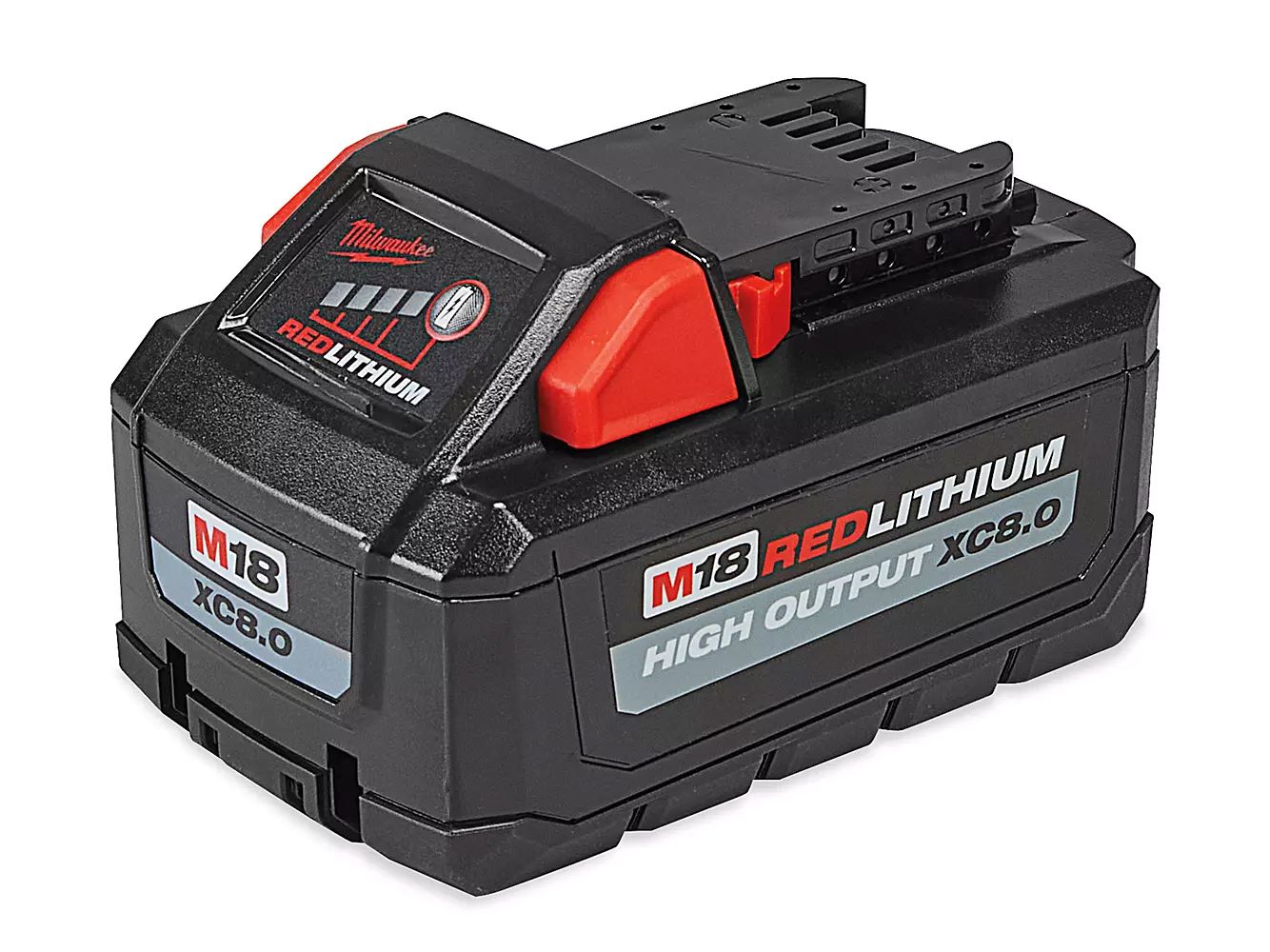

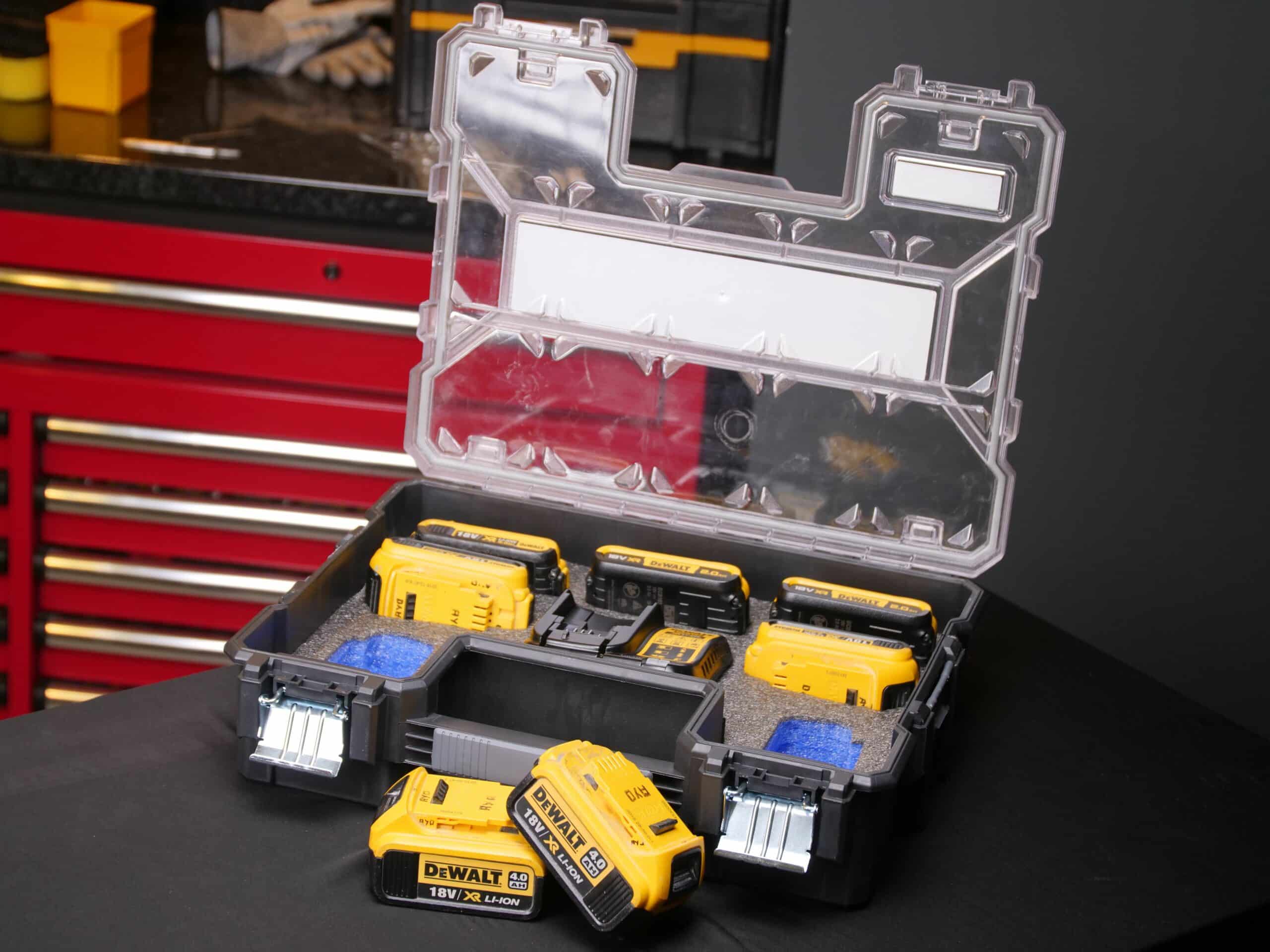

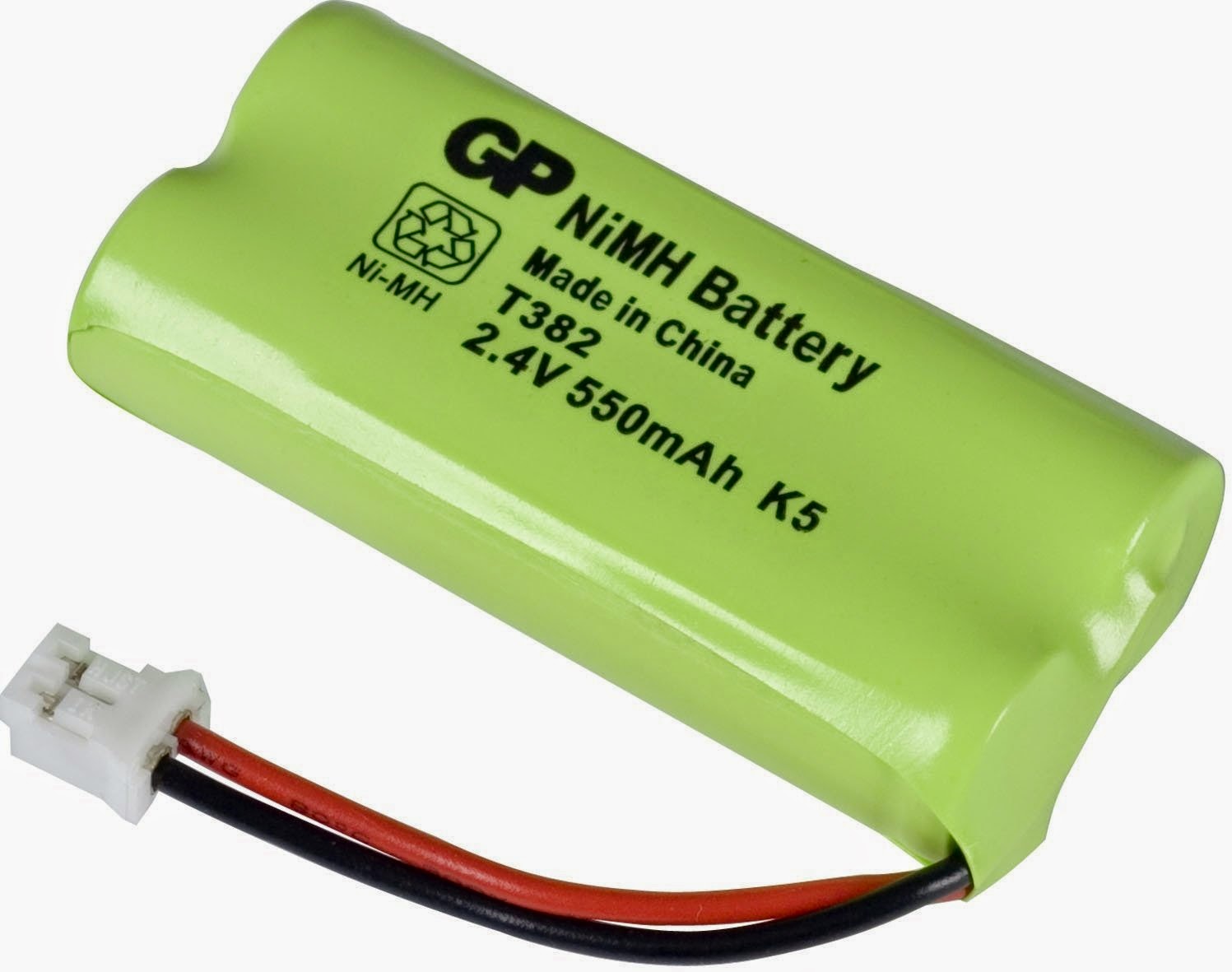

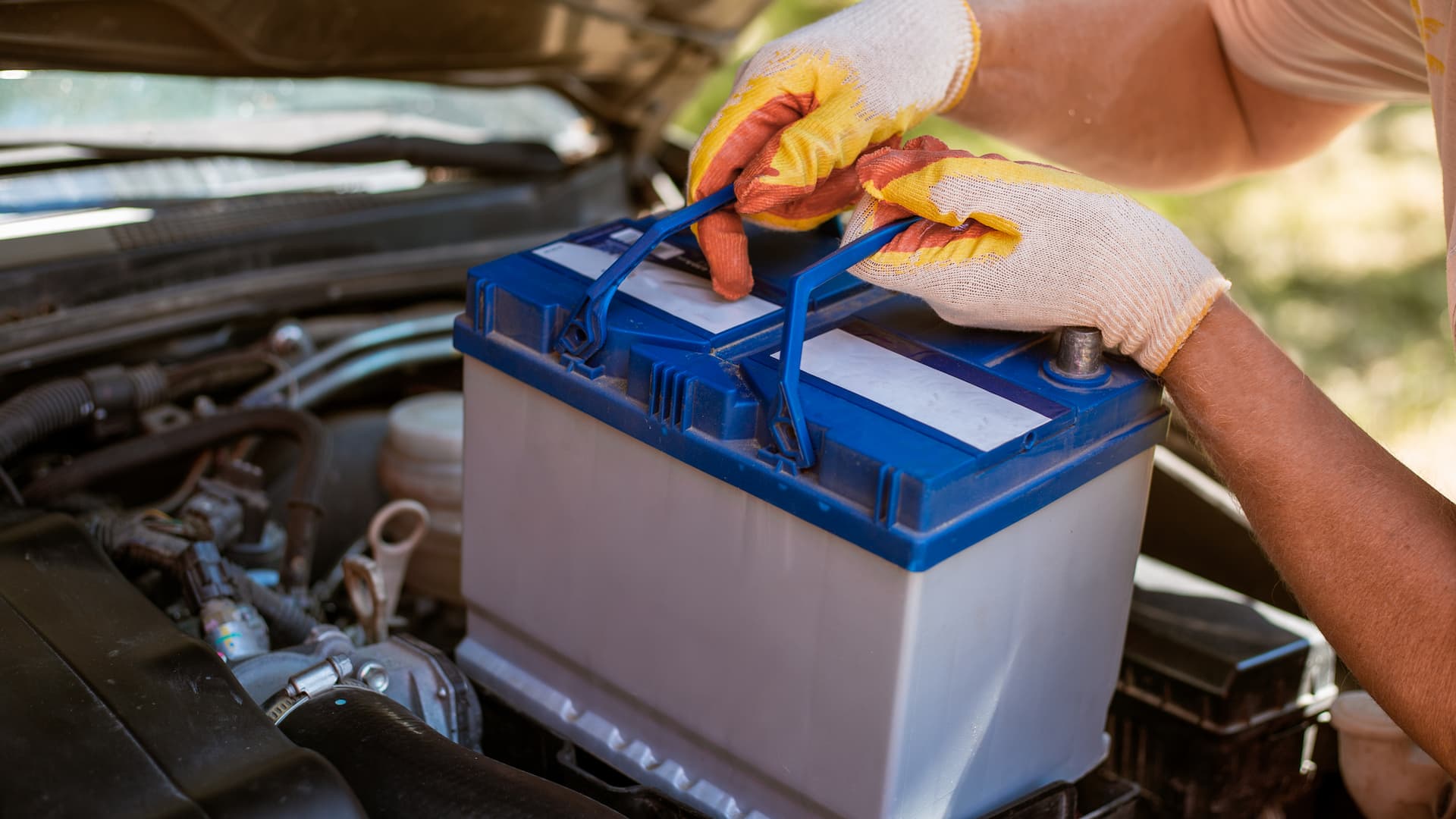



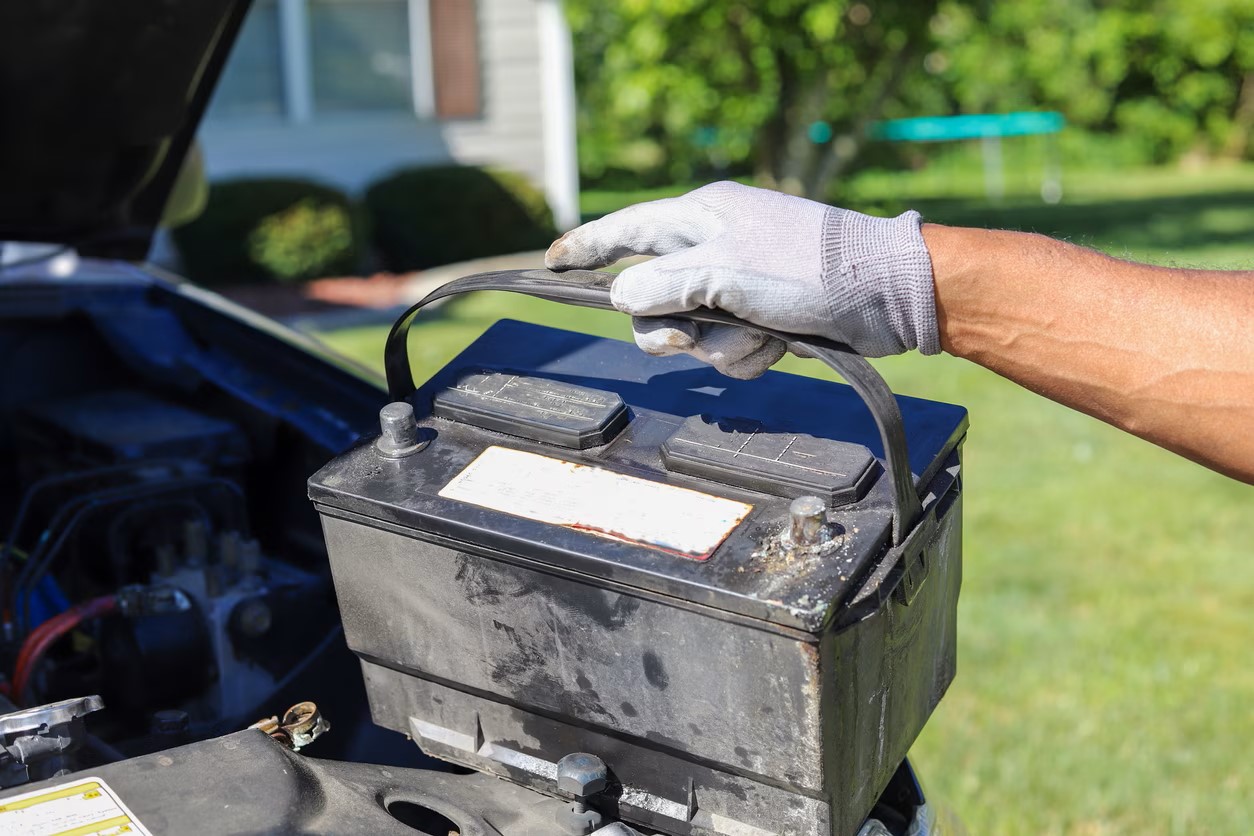


0 thoughts on “How To Store New Batteries”